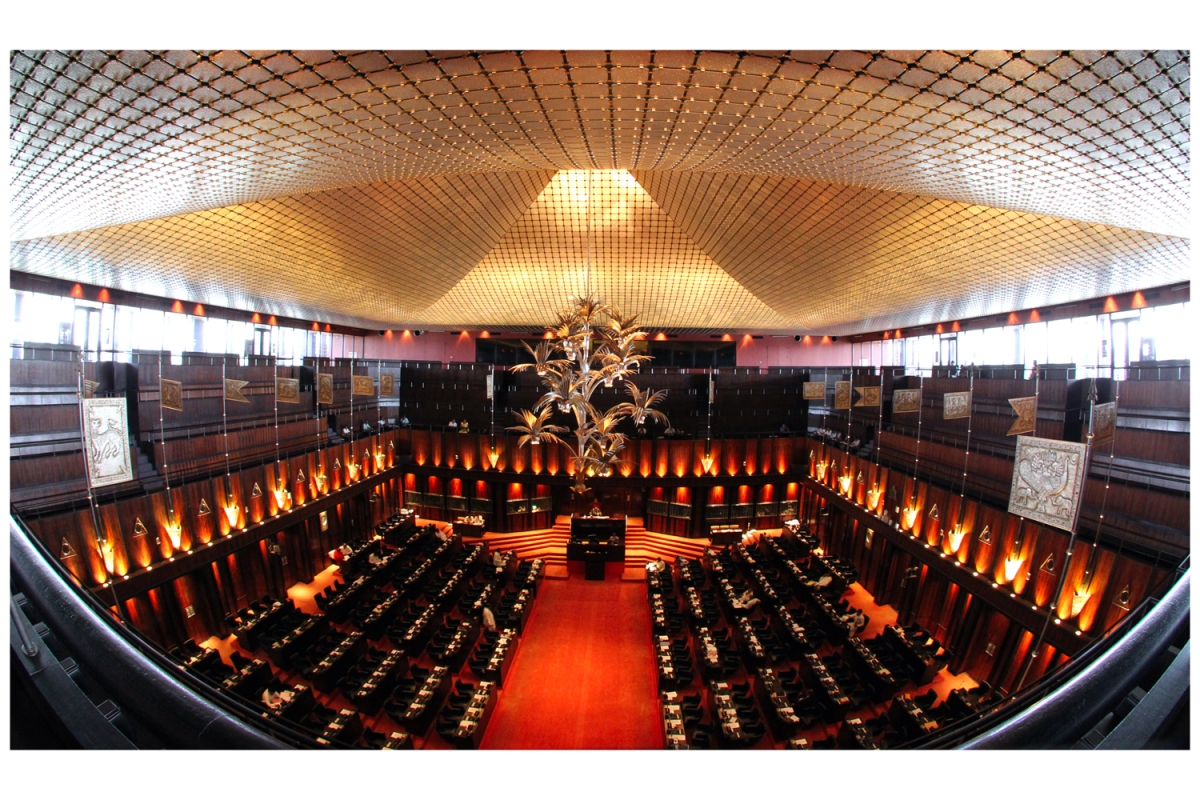The Sri Lankan Parliament has given the green light to the Anti-Corruption (Amendment) Bill in a session held on November 8th. This decision follows a series of developments surrounding the legislation, which was initially passed with amendments, though without a formal vote, on July 19. However, it was subsequently withdrawn due to concerns regarding its compatibility with the Constitution of Sri Lanka.
The bill, which seeks to strengthen the country's anti-corruption framework, generated significant controversy upon its introduction. Several parties, including Transparency International Sri Lanka (TISL), voiced concerns about various clauses of the bill, contending that specific provisions were unconstitutional.
In response to the bill's introduction, TISL filed a petition challenging a total of 37 clauses within the Anti-Corruption Bill. These contentious clauses included sections 28(3), 161, and 119. TISL argued that these clauses could have a disproportionate and potentially chilling effect on activities such as whistleblowing, the exercise of the right to information, and freedom of expression. Furthermore, TISL cautioned that these provisions might compromise the fundamental principles of transparency and accountability, which are essential in the fight against corruption.










